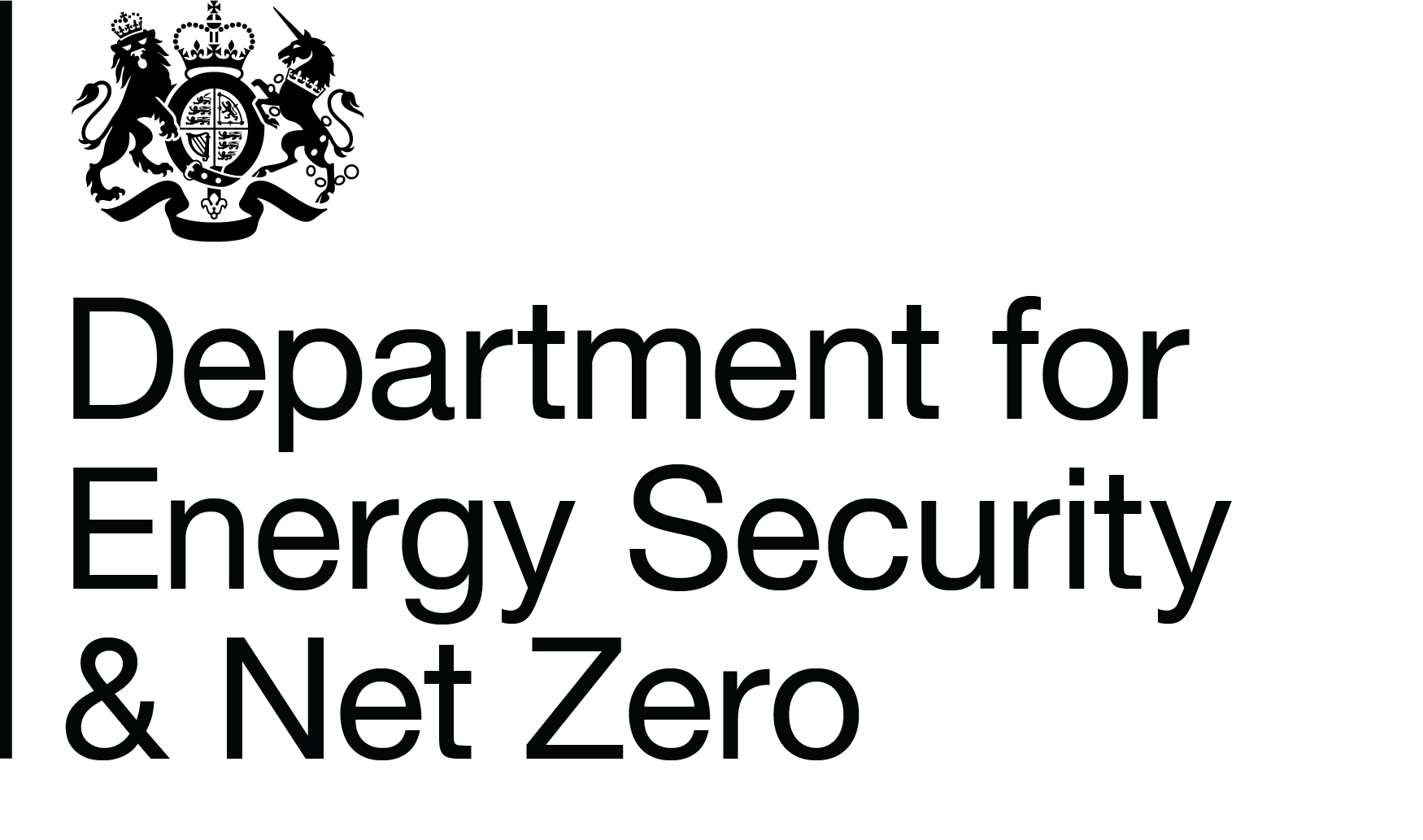Developing the UK Emissions Trading Scheme (UK ETS)
Overview
Why we are consulting
The UK ETS Authority (UK Government, Scottish Government, Welsh Government and the Department of Agriculture, Environment and Rural Affairs for Northern Ireland, hereinafter ‘the Authority’) are seeking input on a number of proposals to develop the UK Emissions Trading Scheme (UK ETS). We have committed to implementing a net zero consistent cap for the scheme, reviewing Free Allocation policy and expanding the use of emissions trading across the economy. This consultation seeks views on our proposals to meet these commitments. It proposes options for a net zero consistent cap, changes to Free Allocation policy in the context of a net zero consistent cap and options for the expansion of the UK ETS to cover waste and maritime sectors. It also includes further proposals which aim to increase the ambition of the scheme and improve its operational effectiveness.
Additionally, this consultation calls for evidence on a number of potential future opportunities for scheme development, including the incorporation of greenhouse gas removal into the UK ETS, and on the monitoring, reporting and verification requirements necessary to address greenhouse gas emissions in the land use and agriculture sectors.
Territorial extent:
This consultation relates to proposals to develop the UK ETS, which operates across England, Scotland, Wales and Northern Ireland. This is a joint consultation, published by the UK Government, Scottish Government, Welsh Government and the Department of Agriculture, Environment and Rural Affairs for Northern Ireland.
Why your views matter
Why take part?
In this consultation the Authority is seeking stakeholder views on proposals to develop the UK ETS to ensure that it drives emission reductions towards our ambitious targets and continues to demonstrate the UK’s leadership on carbon pricing. We are:
- Seeking views on whether our proposals are appropriate, proportionate and workable for participants. Your feedback will enable us to develop informed policy and legislation.
- Calling for evidence on a number of areas to inform future ETS policy development.
This consultation will be of particular interest to individual companies and representatives of industrial, power and aviation sectors with obligations under the UK ETS and environmental groups. It will also be of interest to individual companies and representatives of maritime, waste, greenhouse gas removals and agricultural sectors. This consultation is not limited to these stakeholders; any organisation or individual is welcome to respond. (To note, this consultation does not apply to NI electricity generators who participate in the EU ETS by virtue of the Ireland / Northern Ireland Protocol.)
Information you provide in response to this consultation, including personal information, may be disclosed in accordance with UK legislation (the Freedom of Information Act 2000, the Data Protection Act 2018 and the Environmental Information Regulations 2004).
Consultation responses will be shared across the UK ETS Authority.
Please reference the consultation document when answering the questions here.
Audiences
- Coal
- Construction
- Consumer organisations
- Finance
- Innovation community
- Investment
- Large businesses (over 250 staff)
- Low carbon technologies
- Manufacturing
- Medium business (50 to 250 staff)
- Multinational businesses
- Non-Government Organisations
- Nuclear
- Oil and Gas
- Research Councils
- Researchers
- Science Policy organisations and thinktanks
- Small business (10 to 49 staff)
- SMEs (small and medium businesses)
- Technology (R&D)
- Trade bodies
- Universities
- Wave and tidal
- Wind
Interests
- Business investment
- Carbon budgets
- Carbon capture and storage
- Carbon markets
- Carbon neutrality
- Carbon offsetting
- Climate change
- Coal
- Coal
- Competitiveness
- Distributed energy and heat
- Economic growth
- Effectiveness
- Electricity
- Electricity
- Emissions
- Energy and climate change
- Energy and climate change
- Energy efficiency
- Growth
- Industrial strategy
- Innovation
- Investment
- Oil and Gas
- Oil and gas
- Productivity
- Regulation
- Renewable energy
- Renewable energy
- Research
- Saving energy
- Saving energy
- Taxation

Share
Share on Twitter Share on Facebook